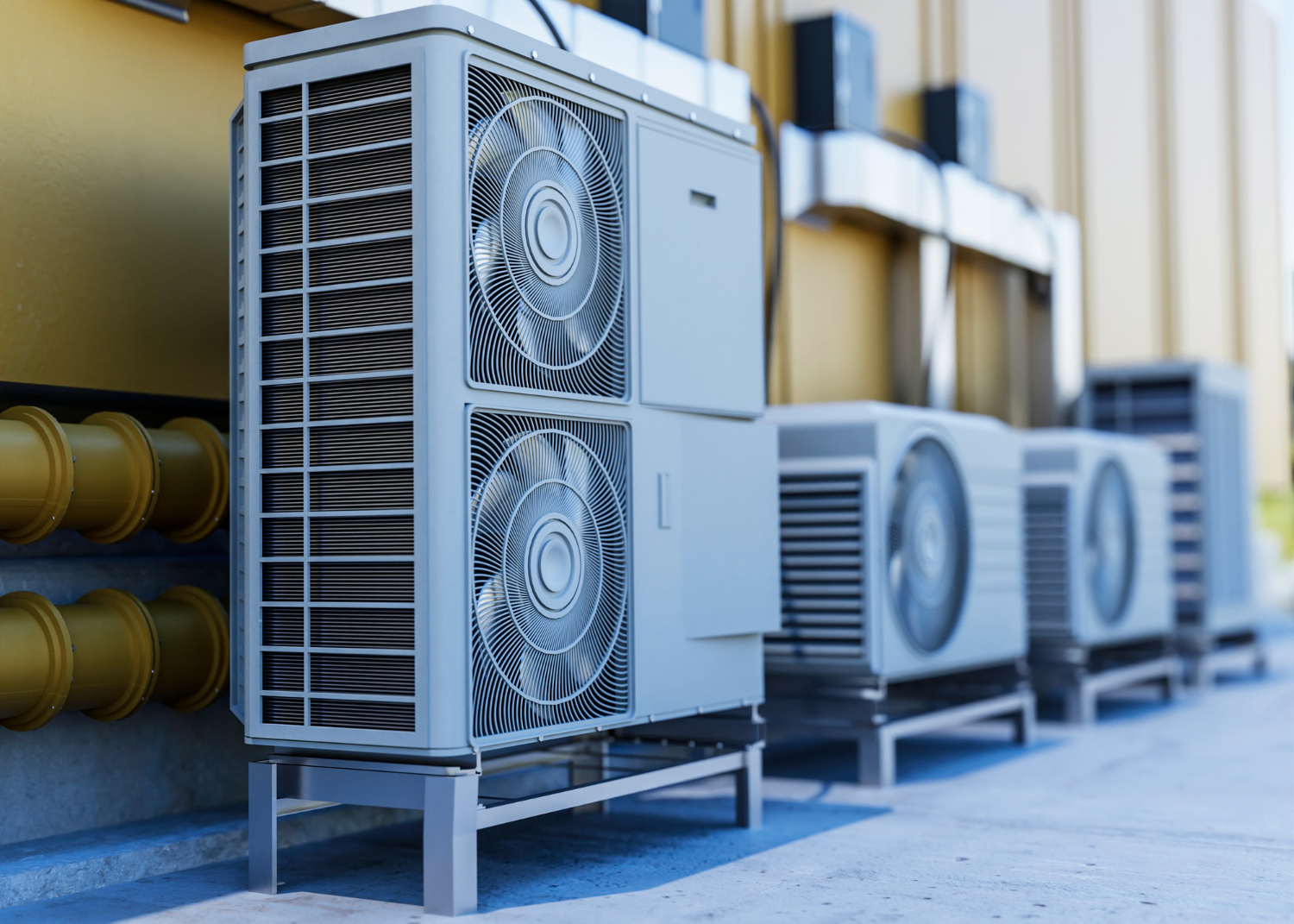Heating, ventilation, and air conditioning (HVAC) systems are crucial to maintaining a comfortable and healthy indoor environment for your home. However, these systems also account for significant energy consumption, leading to higher utility bills and increased carbon emissions. Optimizing energy efficiency in HVAC systems is beneficial for reducing energy costs and minimizing the environmental impact. In this blog, we will explore a range of strategies and best practices to help homeowners optimize energy efficiency in their HVAC systems, leading to improved comfort, cost savings, and a greener home.
1. Invest in High-Efficiency HVAC Equipment
Upgrading to high-efficiency HVAC equipment is one of the most effective ways to optimize energy efficiency. Consider investing in ENERGY STAR-certified heating and cooling systems, which have met rigorous standards for energy efficiency set by the U.S. Environmental Protection Agency (EPA). High-efficiency systems may have a higher upfront cost, but long-term energy savings make them a worthy investment.
2. Regular Maintenance and Servicing
Regular maintenance and servicing are essential to keeping HVAC systems operating at peak efficiency. Schedule annual inspections by a licensed HVAC technician to clean and inspect the system, check for leaks, and ensure proper refrigerant levels. Routine maintenance helps identify and address minor issues before they escalate into major problems affecting the system's efficiency.
3. Clean or Replace Air Filters
Clean or replace HVAC air filters regularly, at least once every three months, or as the manufacturer recommends. Clogged and dirty filters restrict airflow, forcing the system to work harder and consume more energy. Clean filters not only improve energy efficiency but also contribute to better indoor air quality.
4. Utilize Programmable Thermostats
Programmable thermostats allow homeowners to set different temperature schedules for various times of the day. By adjusting the temperature when the home is unoccupied or during sleeping hours, homeowners can save on heating and cooling costs without sacrificing comfort. Smart thermostats go a step further, allowing remote control and learning homeowners' preferences to optimize energy usage automatically.
5. Implement Zoning Systems
Zoning systems divide the home into separate areas or zones, each with its thermostat. This allows homeowners to control the temperature independently in different zones, avoiding unnecessary heating or cooling of unoccupied spaces. Zoning systems can significantly reduce energy consumption and improve comfort.
6. Seal and Insulate Ductwork
Leaky and poorly insulated ductwork can result in significant energy losses. Seal gaps or leaks in the ductwork using metal-backed tape or mastic sealant. Additionally, insulate ducts in unconditioned spaces, such as attics and crawlspaces, to prevent heat gain or loss during air distribution.
7. Enhance Home Insulation
Improving home insulation is another effective way to optimize HVAC energy efficiency. Proper insulation in the walls, attic, and floors minimizes heat transfer, reducing the load on the heating and cooling systems. Adding weatherstripping and caulking around doors and windows helps prevent drafts and maintain indoor temperatures.
8. Embrace Natural Ventilation
In temperate climates, taking advantage of natural ventilation can significantly reduce the need for artificial cooling and promote energy efficiency. Open windows during cooler nights to allow fresh air circulation, and close them during the day to trap cool air indoors.
9. Optimize Sunlight Utilization
Harnessing the power of sunlight can impact HVAC energy consumption. Open curtains and blinds on sunny days during the colder months to allow natural heating. Conversely, use blinds and shades to block direct sunlight during warmer months to reduce cooling needs.
10. Consider Geothermal HVAC Systems
Geothermal HVAC systems utilize the earth's stable temperature to heat and cool homes. While they have higher upfront costs, geothermal systems provide substantial long-term energy savings and a lower environmental impact, making them eco-friendly and efficient.
In conclusion, optimizing energy efficiency in HVAC systems is a wise investment for homeowners. By implementing strategies such as using high-efficiency equipment, regular maintenance, and programmable thermostats, homeowners can achieve cost savings and contribute to environmental sustainability. Sealing Ductwork, enhancing insulation, and embracing natural ventilation improve energy efficiency. Choosing greener technologies like geothermal HVAC systems also provides long-term benefits for households and the planet. Adopting these energy-saving practices allows homeowners to create a more comfortable, eco-friendly, and financially sound living environment while reducing their carbon footprint.

